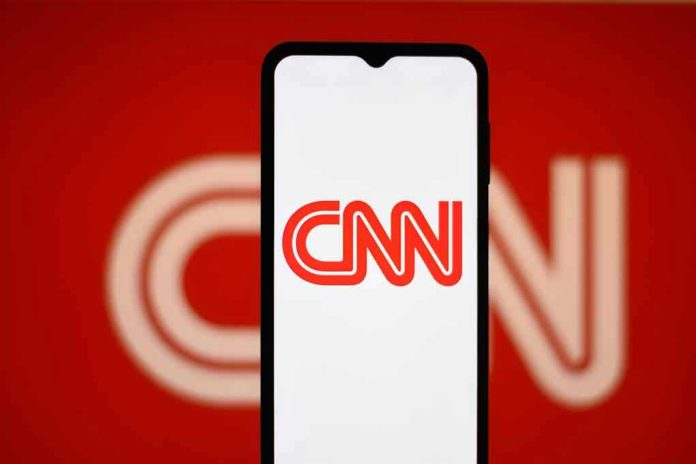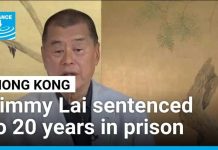
A CNN host admits that Trump has ’embraced’ the media more than his predecessors, raising questions about media ethics and political discourse.
Story Highlights
- Trump’s unique relationship with the media, balancing criticism with extensive engagement.
- CNN host acknowledges Trump’s use of media as a strategic tool.
- Media dynamics are shaping political discourse and public trust.
- Networks face ethical challenges in covering Trump while maintaining ratings.
Trump’s Strategic Media Engagement
Despite his frequent criticisms of mainstream media, Donald Trump has been more engaged with these outlets than any previous president, according to a CNN host. This admission highlights Trump’s paradoxical relationship with the press: he publicly attacks it as “fake news” while simultaneously leveraging its coverage to amplify his message and maintain public attention. The strategy has been evident since his 2016 campaign, where he capitalized on unprecedented media exposure.
Trump’s approach to media has been uniquely confrontational yet performative. By criticizing major outlets like CNN and The New York Times, Trump has managed to keep these organizations in the spotlight while ensuring his narrative reaches his supporters. This tactic has not only set him apart from his predecessors but has also forced media companies to reassess their coverage strategies.
The Media’s Ethical Dilemma
The CNN host’s acknowledgment of Trump’s media strategy has sparked a renewed debate over media responsibility. While networks like CNN aim to inform the public, they also face commercial pressures to cover figures like Trump, who drive ratings and public discourse. This balance between newsworthiness and ethical journalism poses significant challenges, as extensive coverage, even if critical, can inadvertently serve Trump’s interests by keeping him in the spotlight.
Journalists and media outlets must navigate the delicate line between critical reporting and becoming unwitting participants in Trump’s media strategy. The symbiotic relationship between Trump and the media raises questions about the future of news coverage and its impact on democratic discourse. As Trump continues to dominate news cycles, networks must decide how to balance coverage imperatives with ethical responsibilities.
Implications for Political Discourse
The relationship between Trump and the media has significant implications for political discourse and public trust. The dynamic, characterized by both antagonism and mutual benefit, sets a precedent for future interactions between political figures and the press. As media companies experience commercial benefits from Trump coverage, social polarization deepens, reinforcing partisan divides.
The broader impact on the media industry includes a reassessment of editorial strategies and resource allocation. The rise of “media as a political actor” becomes more pronounced, influencing not only public perception but also shaping the political landscape. As Trump continues to leverage media coverage for his advantage, networks must confront the ethical dilemmas posed by this unprecedented media-politician relationship.
Sources:
How Often Does CNN Cover Trump Rallies?
How Many Trump Rallies Did CNN Air?
Trump Remarks, Ugly History, Questionable CNN Hire
In the Enemy of the People: CNN Reporter Recounts His Time Covering President Trump



